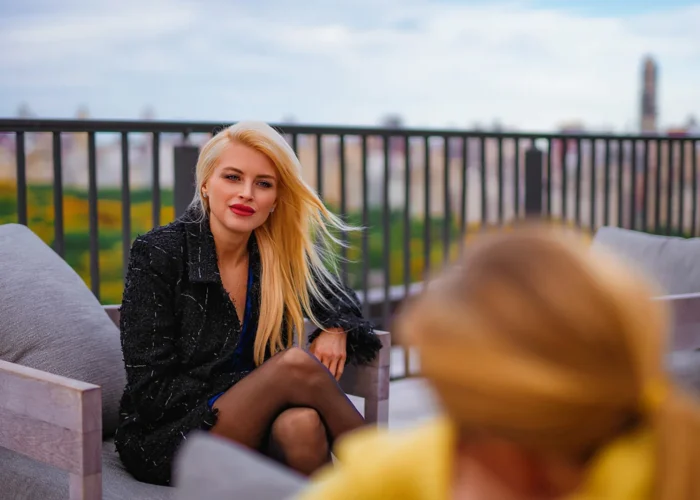
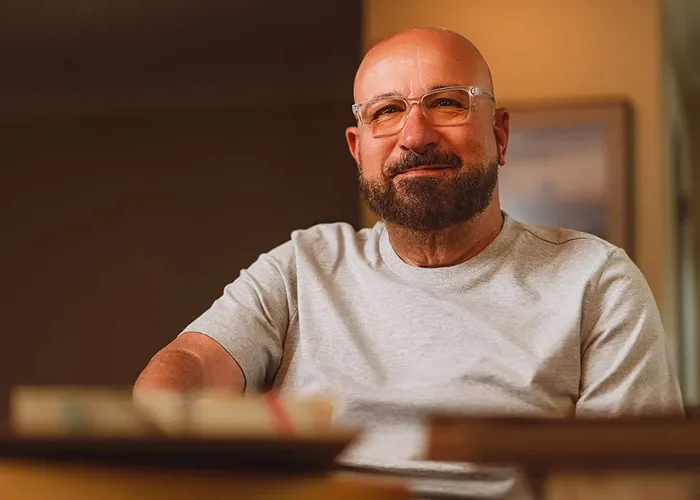
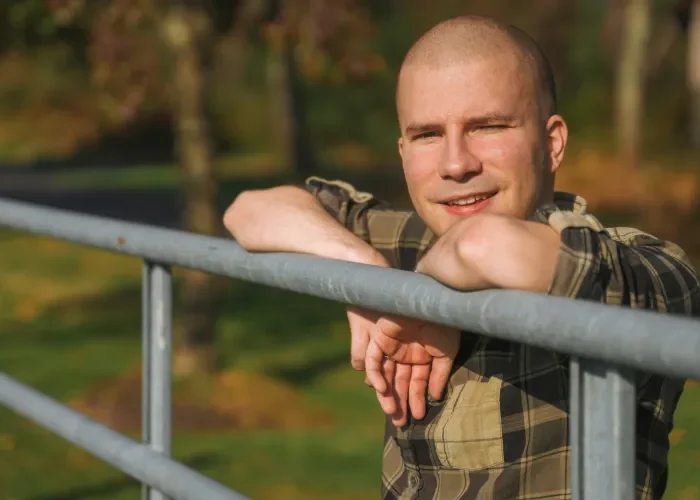
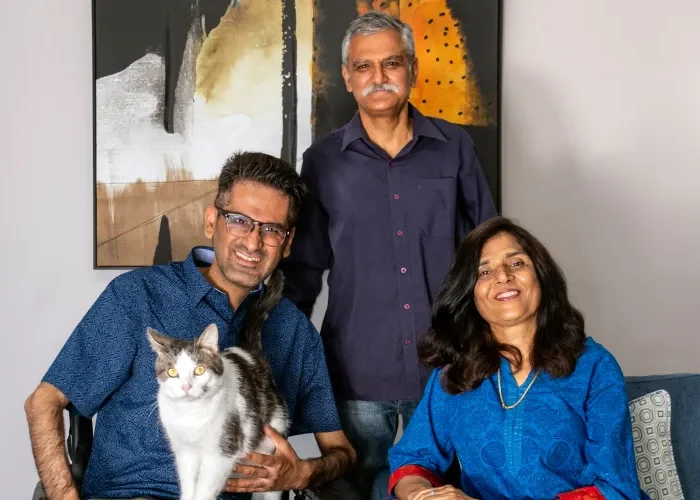
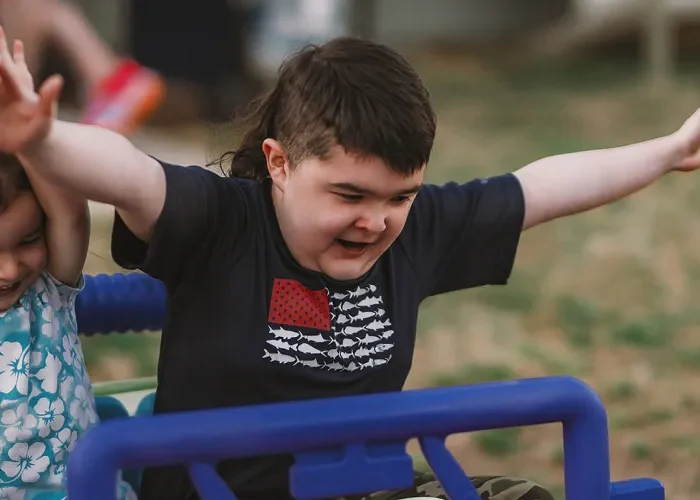
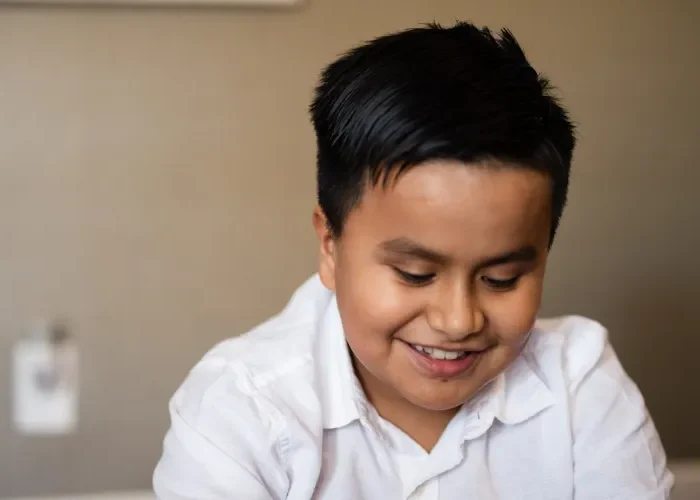
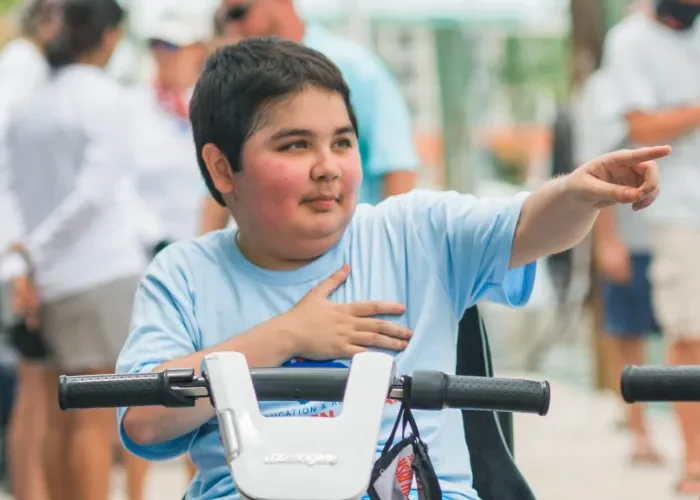
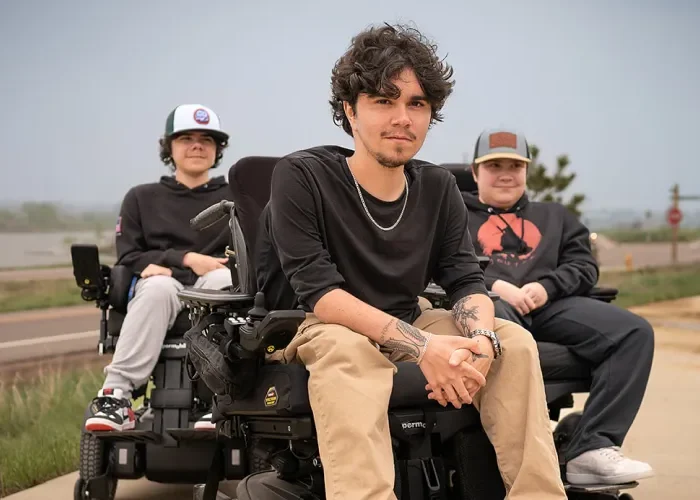
Romitos: Dominic, Collin & Kaleb
Living with Duchenne.
Brothers. Explorers. Gamers.
Filter by:
Living with a
rare muscle disease








Living with Duchenne.
Brothers. Explorers. Gamers.
Filter by:
We are advancing novel precision therapeutics for serious muscle disease.
2025 © Copyright. Edgewise Therapeutics. All Rights Reserved.